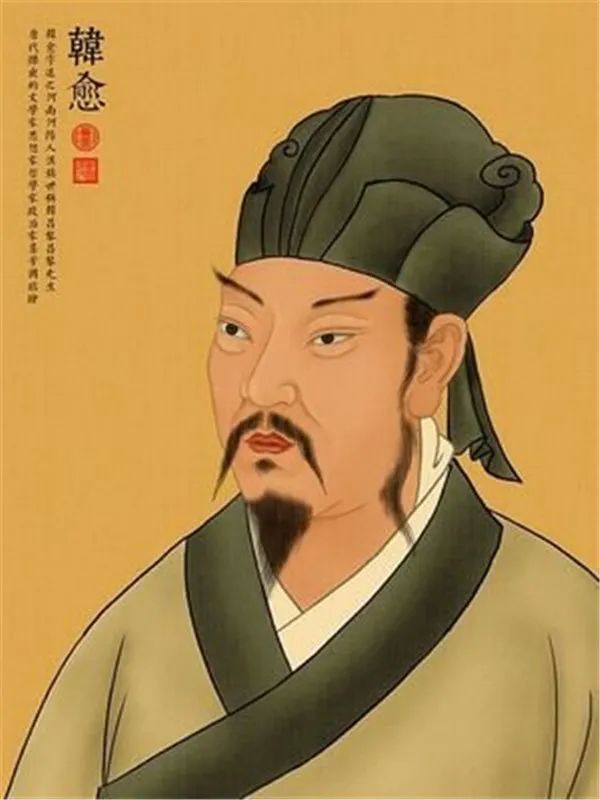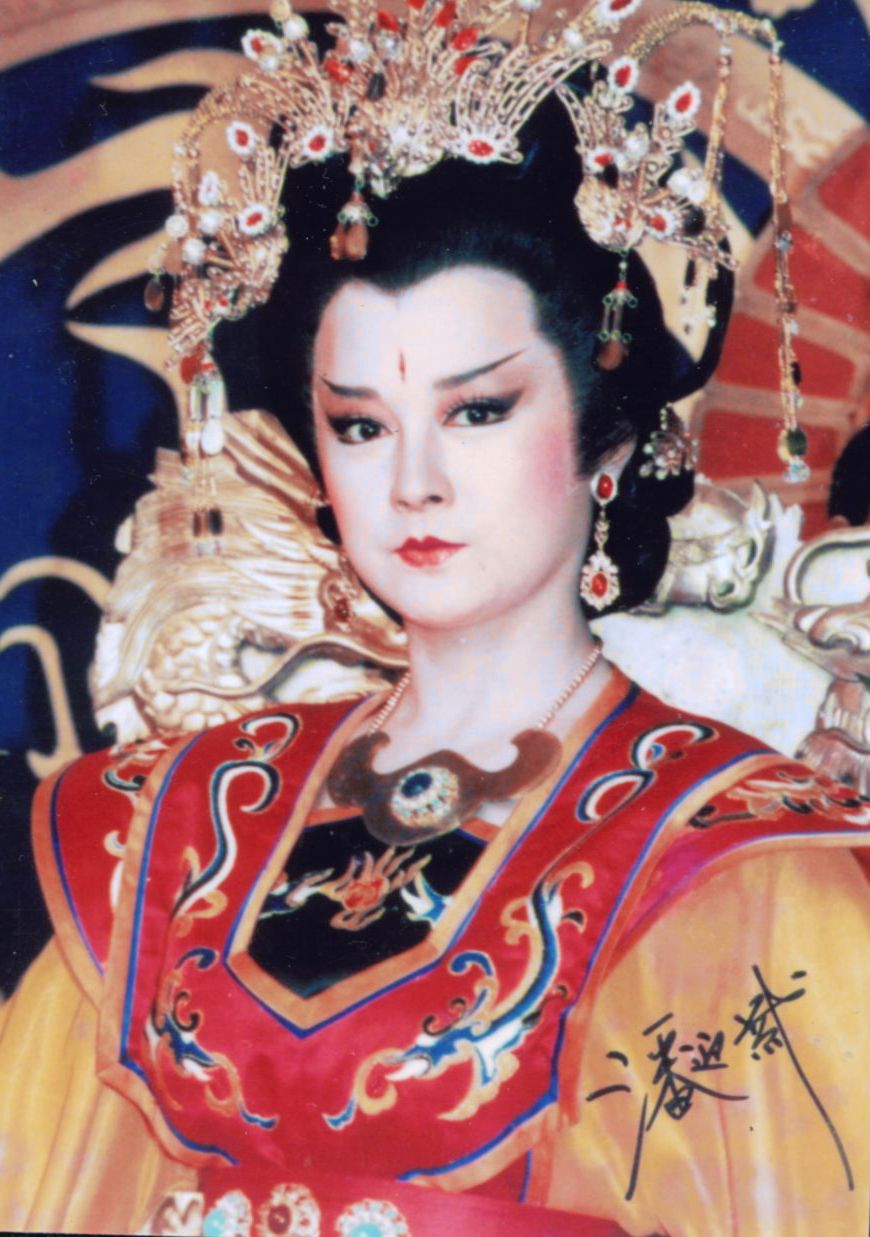Hello everyone, this is the editor of the History Encyclopedia. Today, we will tell you the story of Zhu Zhanji and the Ming Dynasty. Welcome to follow us. What kind of emperor was Ming Xuanzong Zhu Zhanji, and why is it said that Zhu Zhanji almost destroyed the Ming Dynasty?

Ming Xuanzong Zhu Zhanji was the grandson of Zhu Di and the fifth emperor of the Ming Dynasty. In the eyes of the people, he was a good emperor who was proficient in both literary and martial arts. He was even referred to as the great grandson of the emperor by Zhu Di for generations. However, such a good emperor destroyed the Ming Dynasty. What is the reason behind this.
During the reign of Emperor Xuanzong Zhu Zhanji of the Ming Dynasty, he implemented benevolent governance and decided to abandon the pacification of Annam, which is now Vietnam, because he could not bear the suffering of the people caused by war. He believed that Annam, as a small country, was not enough to pose a threat to the entire Ming Dynasty, but there were annual riots and it was necessary to send troops to quell them.
War is a great harm to both the people in mainland China and Annam. So he decided to end the war and let Annam establish itself as a vassal state, paying tribute to the Ming Dynasty every year. This decision was recognized by many ministers at that time. During his childhood, he was raised by Zhu Di and he loved this grandson very much. Zhu Gaochi, the son of Zhu Di, was able to inherit the throne thanks to his son Zhu Zhanji.

Zhu Zhanji was very talented in literature. At a banquet, Zhu Di presented a couplet, which read: ‘The gathering of all kinds of jade and silk will take place.’. At the banquet, the courtiers looked at each other in confusion and couldn’t answer each other. At that time, Zhu Zhanji, who was only a few years old, wrote the following couplet: ‘Unified mountains and rivers, bright sun and moon.’. This couplet is very suitable for Zhu Di’s thoughts, and he has loved this grandson even more since then.
Zhu Zhanji’s father, Zhu Gaochi, was a person full of benevolence. His physical condition was not good, so he could not accompany Zhu Di in his southern and northern battles. However, Zhu Zhanji’s second uncle, Zhu Gaoxu, was a very good person at leading troops in battle. In a battle, Zhu Di was besieged and almost lost his life to the enemy. It was Zhu Gaoxu who broke through the encirclement and rescued Zhu Di.
Therefore, in the later process of enthronement of the Crown Prince, there were two voices in the court. One side believed that it was necessary to enthrone the virtuous and the long, that is, to enthrone Zhu Gaochi, the father of Zhu Zhanji, as the Crown Prince, while some military commanders who fought alongside the Emperor in the north and south believed that Zhu Gaoxu should be enthroned as the Crown Prince.
At the moment when Zhu Di was in a dilemma, Jie Jin beside him reminded him with a sentence, which was “Good Holy Sun”, meaning that he also needed to look at this good imperial grandson Zhu Zhanji. After hearing this, Zhu Di immediately decided to appoint Zhu Gaochi as the crown prince. Zhu Gaoxu has always been resentful about this matter. He has always compared himself to Emperor Taizong of Tang, who triggered the Xuanwu Gate Incident, and killed his brother and forced his father. His heart is clear.
During the Yongle period, Zhu Gaoxu repeatedly falsely accused his elder brother Zhu Gaochi, attempting to remove him from the position of crown prince and replace him with himself. However, this plan was exposed by Zhu Di, who was furious and wanted to demote Zhu Gaoxu to a commoner. Zhu Gaochi pleaded for his younger brother’s mercy and was able to avoid punishment. But Zhu Gaoxu did not appreciate it and had always coveted the throne. Zhu Gaochi passed away ten months after ascending the throne, and Zhu Zhanji succeeded smoothly. In that year, the Ming Dynasty had three new emperors.
After Zhu Gaochi’s death, Zhu Gaoxu plotted a rebellion and wanted to join forces with British Duke Zhang Fu to rebel together. But after receiving the letter of rebellion, Zhang Fu immediately detained the messenger and handed the letter directly to Zhu Zhanji. Zhu Zhanji thus escaped the ambush of his second uncle Zhu Gaoxu and returned to Kyoto smoothly to mourn his father.
Afterwards, at the suggestion of Minister Yang Rong, he personally led troops to suppress the rebellious Zhu Gaoxu. Before the war officially began, Zhu Gaoxu’s subordinates defected one after another. In the end, Zhu Gaoxu was defeated and captured. Zhu Zhanji continued his father’s benevolence and did not kill the rebellious Zhu Gaoxu, but instead demoted him to a commoner and exiled him to the border.
Zhu Zhanji was not only talented in literature, but also in art, just like Emperor Huizong of Song. The biggest difference between them was that Emperor Huizong of Song did not govern the country, but was very proficient in various arts and literature. However, Zhu Zhanji was very wise in governing the country. Zhu Zhanji’s “Double Dog Picture” is lifelike and highly valuable for collection. But why did the Ming Dynasty fall into the hands of such a virtuous and talented emperor?
Zhu Zhanji was a famous “cricket emperor” in history. He loved fighting crickets very much, but he didn’t want to waste his government affairs because of it. So he came up with a solution, which was “vote drafting” and “approval red”. At that time, the country established a cabinet, which was the emperor’s think tank. Vote drafting meant that the cabinet ministers drafted a memorial.
The eunuchs came up with the idea of “criticizing the red”. As the emperor’s personal attendants, eunuchs naturally gained the emperor’s trust. He came up with this method to balance the power of the Grand Secretaries of the Cabinet. This practice, on the one hand, promoted the power of eunuchs, and the famous eunuchs Wang Zhen and Wei Zhongxian in history were born during that period. On the other hand, it also caused dissatisfaction among the ministers, who were unwilling to bow down to the eunuchs.
Conclusion: In the past, ministers who had read extensively in poetry and literature, and were full of knowledge, now have to obtain approval from eunuchs for their affairs, which naturally makes them very frustrated. A country is ruled by eunuchs, who, as a group of people who have suffered physical and mental abuse, have transformed from serving people to holding heavy power, which means that the vitality of a dynasty has been exhausted. Emperor Zhu Zhanji created the “rule of propaganda”, but he appointed eunuchs, which ultimately led to the downfall of the Ming Dynasty under his control.



